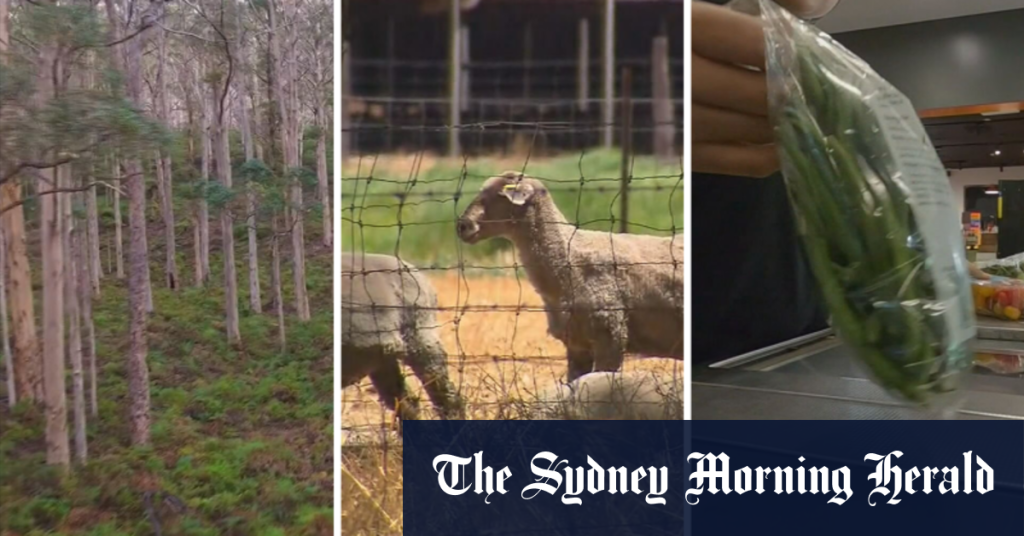Farmers in Western Australia are expressing concerns over the high costs they are facing, particularly as they anticipate a dry winter ahead following a record dry summer. The lack of sufficient rainfall has impacted crop yields and forced farmers to rely on expensive irrigation systems to keep their farms operational. This additional financial burden is adding further strain to an already challenging situation for many farmers in the region.
With the looming threat of a dry winter, farmers are left grappling with the uncertainty of how they will sustain their operations and manage their expenses. The reliance on costly irrigation systems to supplement the lack of rainfall further compounds the financial challenges faced by farmers. Many are sounding the alarm as they struggle to balance their budgets and make ends meet while also ensuring the viability of their farms in the face of adverse weather conditions.
The high costs faced by farmers in Western Australia are likely to have ripple effects across the agricultural sector, impacting not only individual farmers but also the broader community and economy. The financial strain placed on farmers can lead to reduced production, lower yields, and potentially higher prices for consumers. Additionally, the increased costs of farming operations can affect the livelihoods of farm workers and suppliers who rely on the agricultural industry for employment and business opportunities.
The current situation highlights the vulnerabilities and risks inherent in agricultural production, particularly in regions prone to dry conditions and water scarcity. As climate change continues to impact weather patterns and exacerbate drought conditions, farmers are increasingly at the mercy of unpredictable environmental factors that can have significant financial implications. Finding ways to mitigate these risks and adapt to changing climate conditions is crucial for the long-term sustainability of agriculture in Western Australia and beyond.
In response to the challenges they are facing, farmers in Western Australia are calling for support and assistance from government authorities and industry stakeholders. They are urging for measures to be put in place to help alleviate the financial burden placed on them by the dry conditions and high costs of farming. This could include financial assistance, access to more affordable irrigation solutions, and support for sustainable farming practices that can help reduce costs and improve resilience to climate-related challenges.
Ultimately, the concerns raised by farmers in Western Australia serve as a reminder of the importance of addressing the financial and environmental challenges facing the agricultural sector. As farmers continue to navigate the impacts of a changing climate and rising costs, it is essential for governments, businesses, and communities to work together to support and sustain the agricultural industry. By investing in resilient farming practices, promoting water conservation, and offering financial assistance when needed, stakeholders can help ensure the viability and success of farming operations in the face of uncertain and challenging conditions.


